If there’s a nonprofit you need to follow, it’s Project Vita––a non-profit organization committed to improving the living standards for rural communities in Mozambique. The soul of Project Vita’s programming lives in the village of Linga Linga, located in the Inhambane province in Mozambique. Their mission is to break the cycle of generational poverty by closing resource gaps and driving community members toward self-sufficiency, empowerment, and sustainability. What makes Project Vita so special is their dedication to grassroots solutions that empower the Linga-Linga community to uplift themselves.

Meet the Founder: Michel Olofsson
Founder and CEO Michel Olofsson is passionate about creating a space in the nonprofit world that is beneficial for everyone who it reaches, from donors and partners to volunteers and students. His vision extends internationally as Project Vita is now a registered 501c3 in Mozambique, Sweden, and the United States.
Michel has committed his life to serving the people of Mozambique. As a half-Mozambican himself, this mission is very personal for Michel. He launched Project Vita in 2015 with the intention of making a true change and a lasting impact on the lives of those in Linga Linga. Although his professional credentials in politics make him outstandingly qualified to lead a successful organization, his compassion, empathy, and commitment to social change are the true heart and soul of Project Vita. Michel is so dedicated to Project Vita’s mission that he worked full-time in Norway to personally fund the organization himself to ensure the continuation of programming.
The Motto: “A Hand-Up, Not a Handout”
Project Vita’s motto is to create “a hand-up, not a handout.” Their intention is to provide locals with the necessary resources to improve their lives. They advocate for community autonomy and self-sufficiency, which ultimately breaks the cycle of generational poverty by equipping future generations with the tools to thrive.
What makes Project Vita so special is how they have three pillars of sustainability at the center of all of their programming: Society, Economy, and the Environment. They have an intricate understanding of how social sustainability directly correlates to measurable environmental and economic sustainability.
Project Vita’s recycling initiative is the perfect example of this: the organization installed recycling centers near resident homes and conducted an educational series about the environmental benefits of managing waste. This knowledge has since been easily adopted and passed along locally. Now there is an established recycling system within the village. Big changes are built upon consistent, thorough, manageable initiatives. Project Vita has a proven track record of doing exactly this. They always keep the needs of the community as the number one priority and use behavioral design tools to ensure that their solutions have the highest probability of long-term integration into community regimens.
Their programming also covers improving housing, increasing access to medicine, finding alternative power sources, and generating cooking fuel. By addressing these topics, it becomes possible to build lasting structures that meet the community’s basic needs.

New Initiative: “Light Up Linga Linga”
One of the organization’s most recent initiatives was “Light up Linga Linga,” where light sources were provided and installed in the village in partnership with Bright Products, a Norwegian-based company. Through this initiative, locals were able to learn about the lighting products and how they function. Additionally, they watched a walk-through of the installation of lighting. Now the locals have a detailed understanding of how to maintain these lights locally. A simple light source can make a world of difference for Linga Linga locals. Now, any practices, traditions, work, or play can continue past daylight hours.
Additionally, Project Vita has built quality birthing centers for women in the village in case pregnant women can’t make it to a hospital in time. Not only are these birthing centers safe and sanitary spaces for women to give birth, but the project also created jobs for others in the community who helped construct, paint, and organize these buildings. Project Vita is also in the process of building a community center where the community can access the internet, technology, and educational materials at any time. To help support this initiative, please donate here.
Volunteer With Project Vita
Project Vita has many opportunities to get involved. Volunteering is one of the best ways to do so! There are volunteering opportunities in Sweden and in the US to be a part of. You can check out the financing, communication, administration, and project teams. You can volunteer remotely for all of these opportunities, making the choice a no-brainer! Below are details about each team:
- Financing includes fundraising, collecting donations, and event planning opportunities.
- Communication includes social media, media, photography, and marketing strategies.
- Administration includes documentation and clerical work.
- Project includes project management or providing expertise within the field.
You can also volunteer in Mozambique while staying in a beachfront bungalow. The cost is as little as $245 per week for two to three weeks. There are opportunities to volunteer for 2-3 weeks, 4-5 weeks, or 6-8 weeks for varying prices. Learn more about accommodations and life as a volunteer here. I urge you all to spread the word about Project Vita and help invest in the successes of Linga Linga!
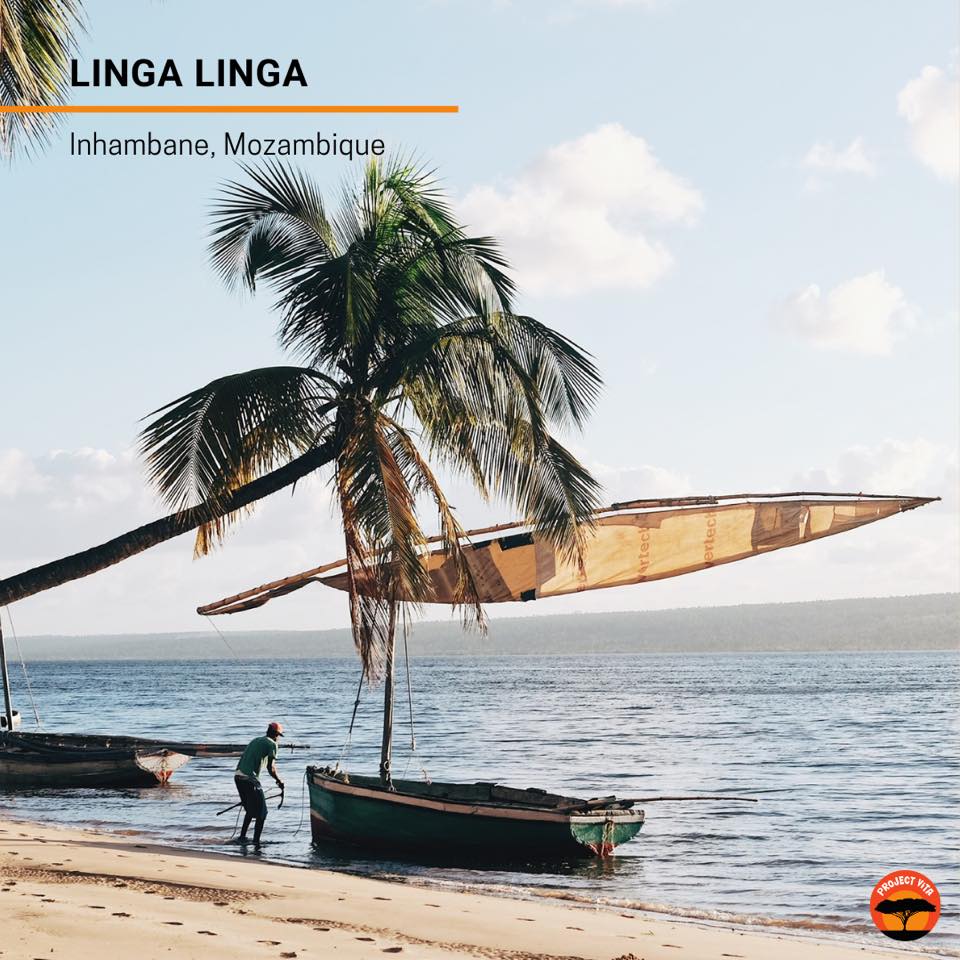
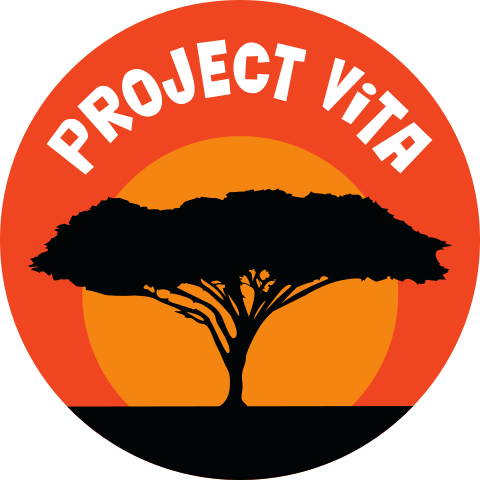
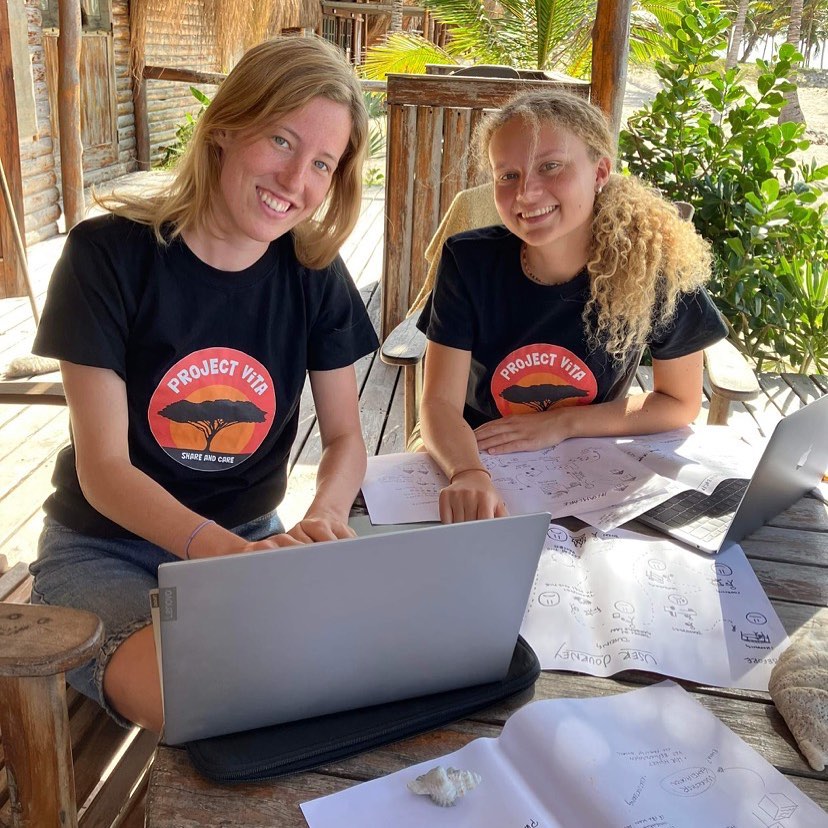


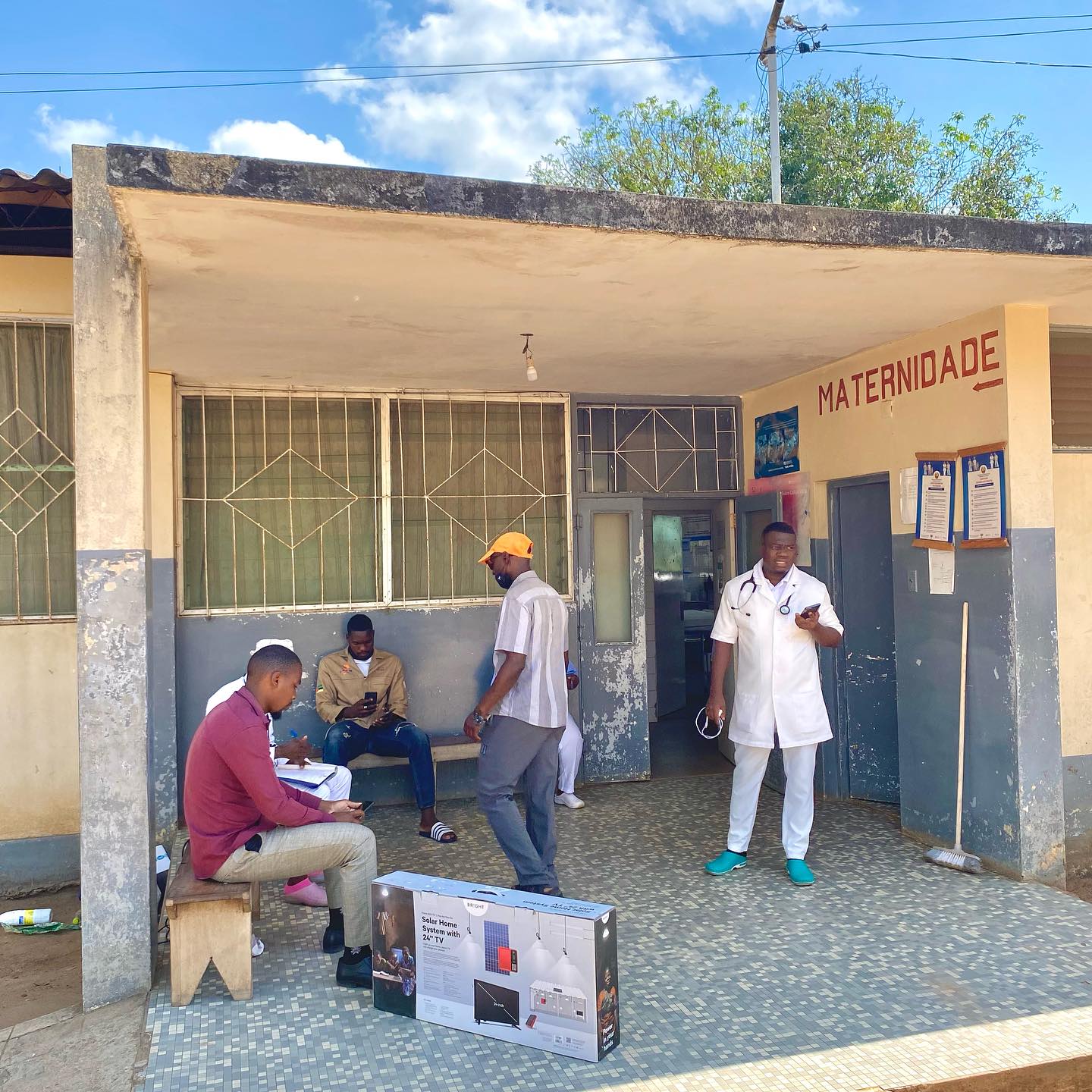
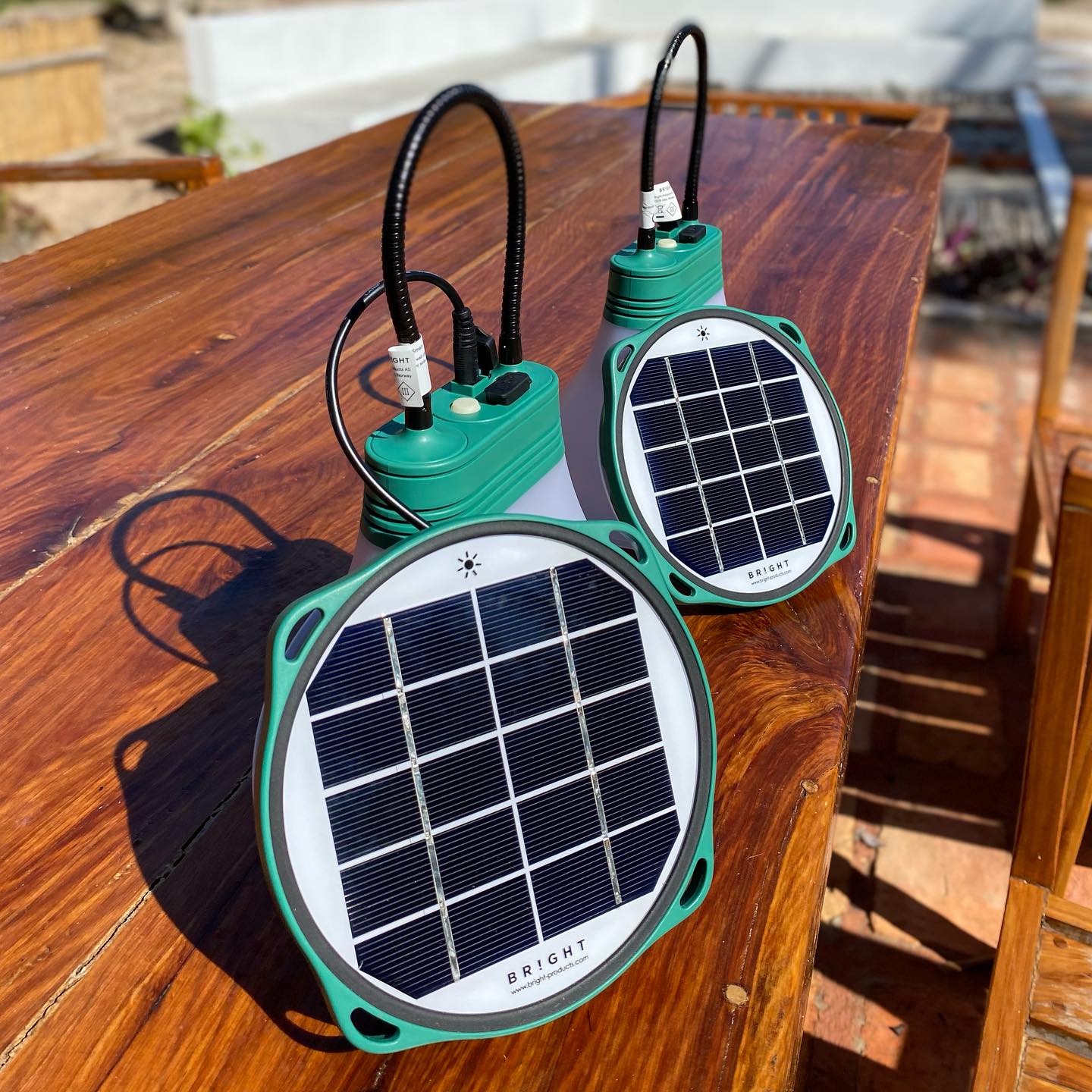
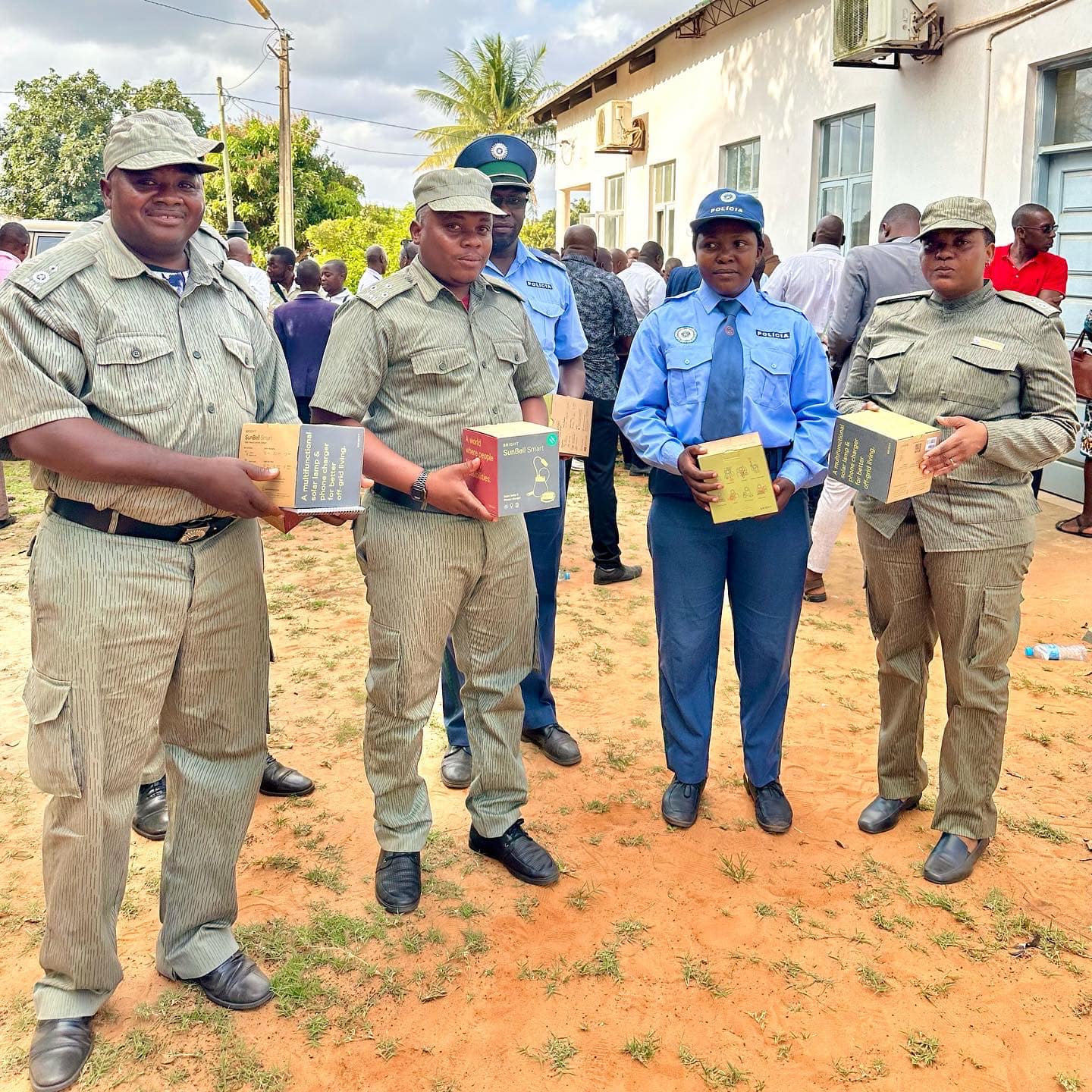

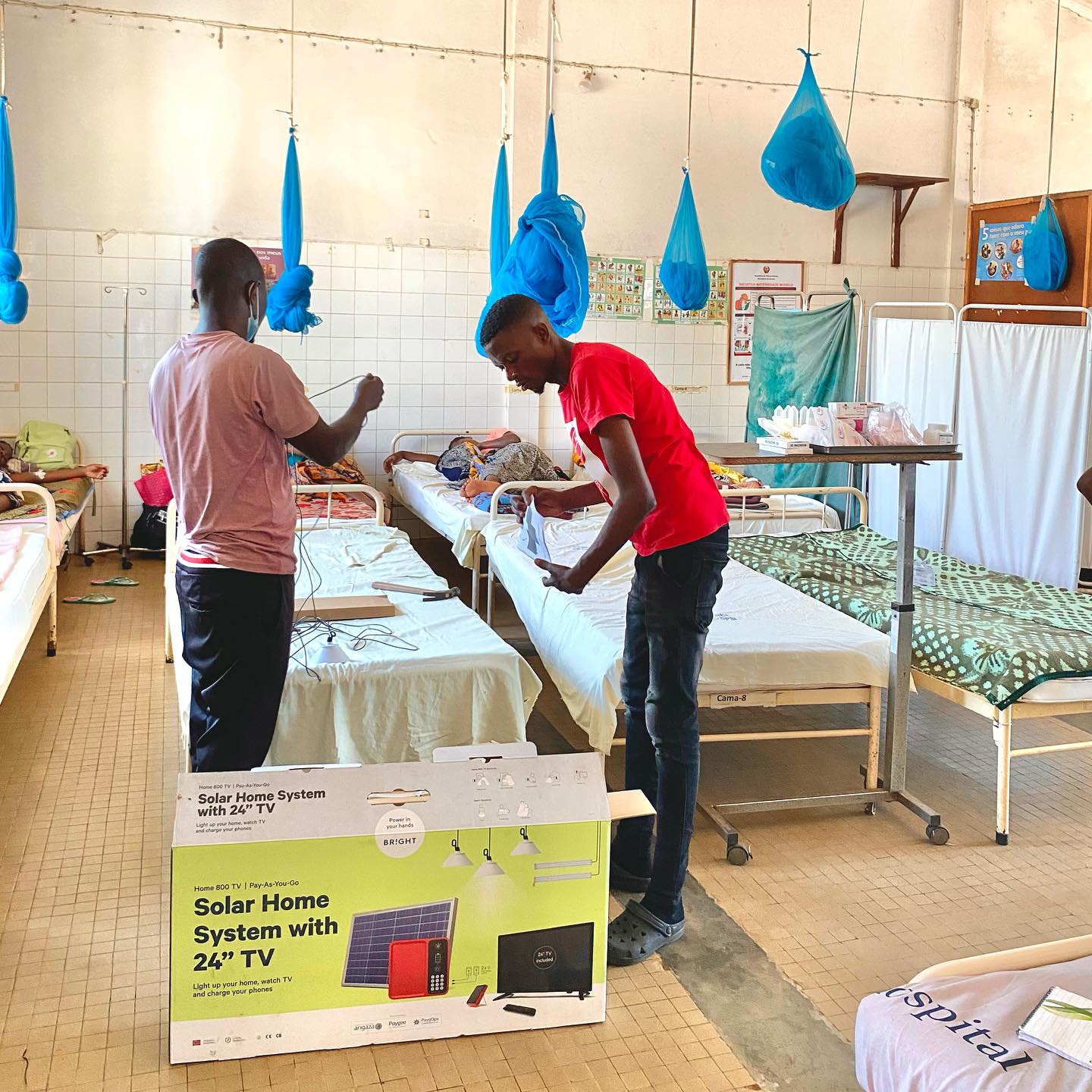
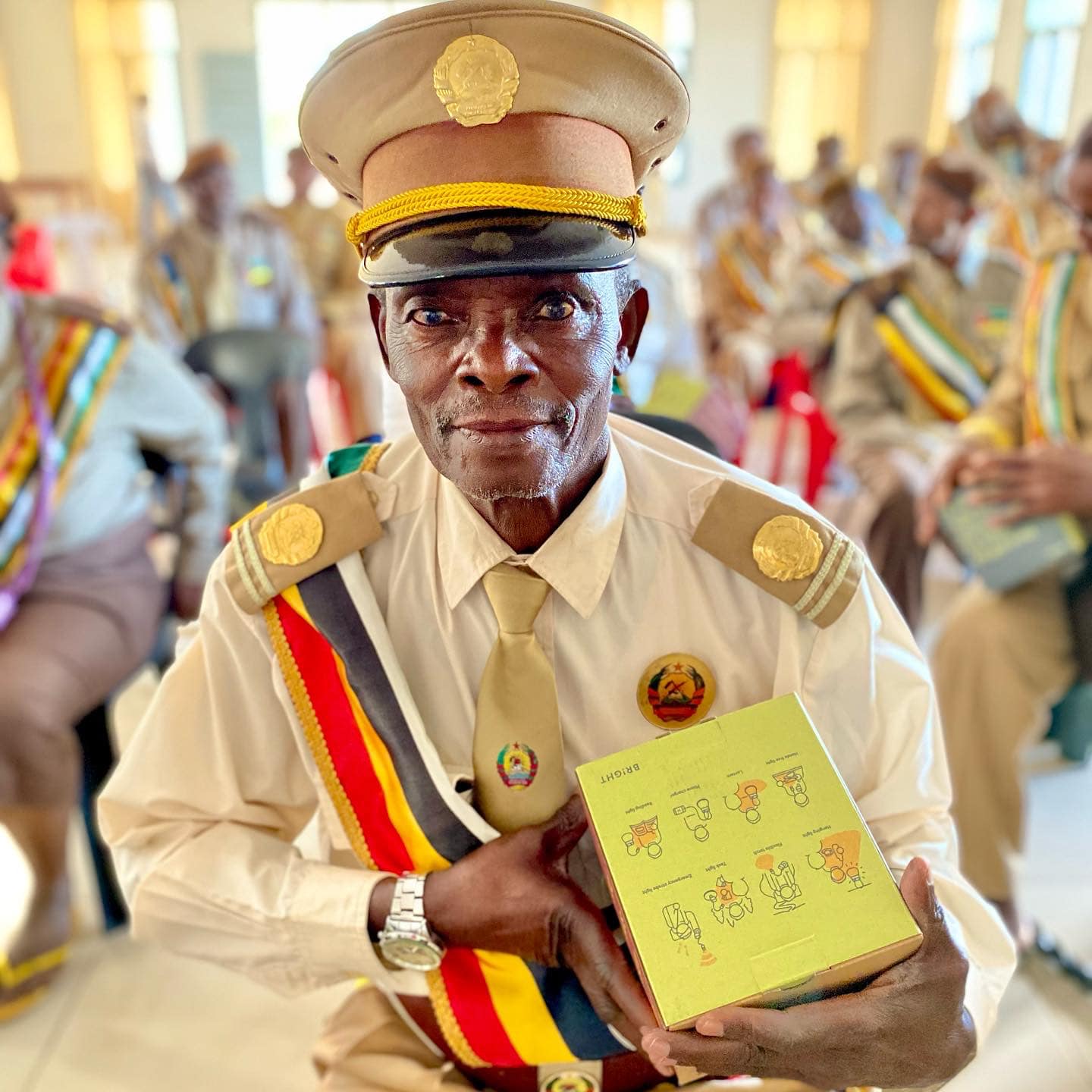
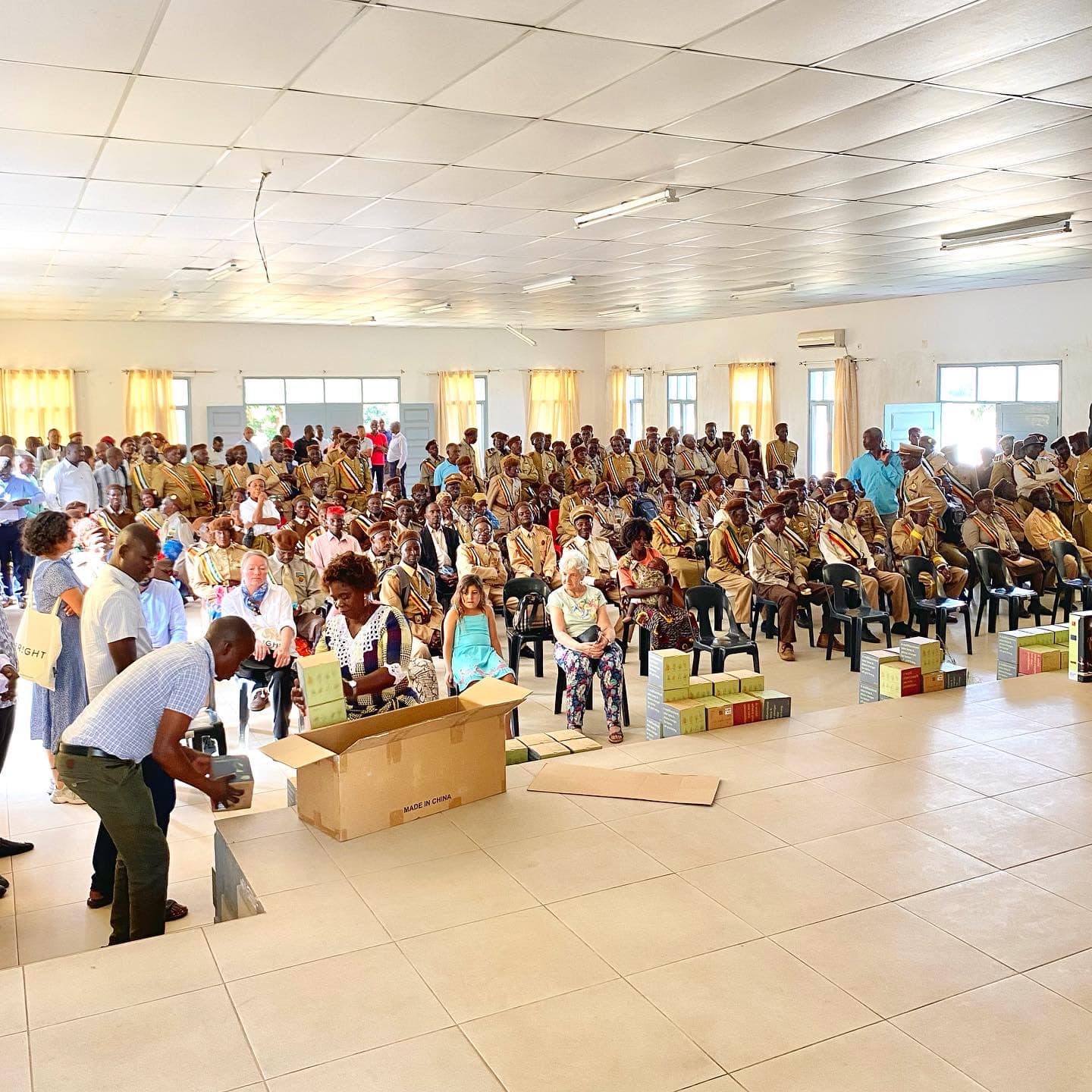

Comments +